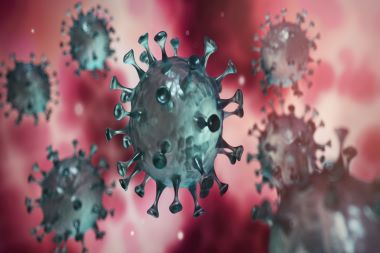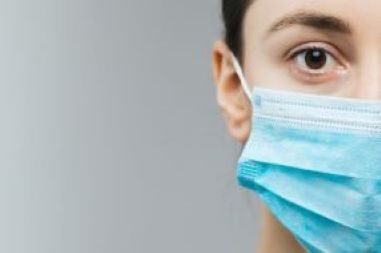While some experts find it difficult to identify an endpoint or starting point to distinguish one wave of COVID-19 from another, there is now evidence that the current upsurge in cases may be partially due to diverse genotypes. A study published in mBio reports that the most recent cases have been caused by strains with the Gly614 variant of spike protein, which exhibits significantly higher viral loads in the nasopharynx than did the Asp614 variant …
Read More









